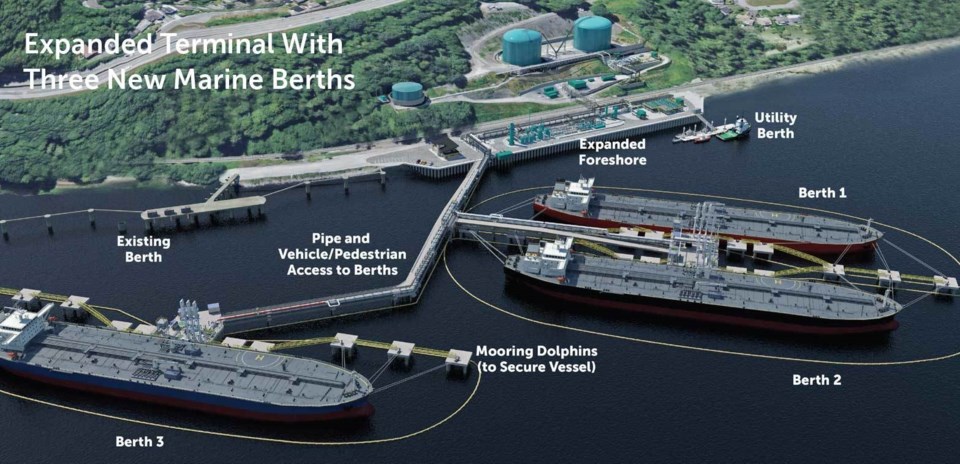Environmental group Stand.earth – an official intervenor in the review of the Trans Mountain pipeline expansion project – filed a legal motion today asking the National Energy Board to expand its scope of review to include all upstream and downstream climate impacts.
The deadline for intervenors to file final arguments is Jan. 22, and the pipeline company, which is now owned by the Canadian federal government, must reply to the arguments by Jan. 25. The NEB’s final report will be submitted to the federal government on Feb. 22.
“Today we are filing a motion with the NEB asking them to simply apply the same standard to Trans Mountain that they applied to Energy East when it comes to the pressing issue of climate change,” said Casey Leggett of Martin + Associates, who is acting as legal counsel for Stand.earth in the NEB process. “Anything short of that would be an abdication of the federal government's responsibility. There is not another form for these concerns about climate change to be heard — this is the last chance to do the right thing.”
In a news release, Stand.earth said that the evidence filed in the motion says the federal government knows more about how dangerous climate change than it did four years ago during the project’s original assessment, “which is why it’s important for the NEB to look at these issues. The NEB opted throughout the original review process to avoid considering the Trans Mountain Pipeline’s upstream and downstream climate change impacts.”
The news release quotes Dr. Mark Jaccard, a climate-energy economics professor in the School of Resource and Environmental Management at Simon Fraser University and IPCC lead author, discussion his team’s research.
“What is clear from research by my team and other leading institutes is that oil sands expansion is inconsistent with preventing warming greater than 2C,” Jaccard says.“If the NEB is considering climate change, no further expansion of delivery infrastructure from the oil sands should be approved. This conclusion is even stronger when we apply the 1.5 C limit promoted by the Canadian government and analyzed in this latest IPCC report.”



